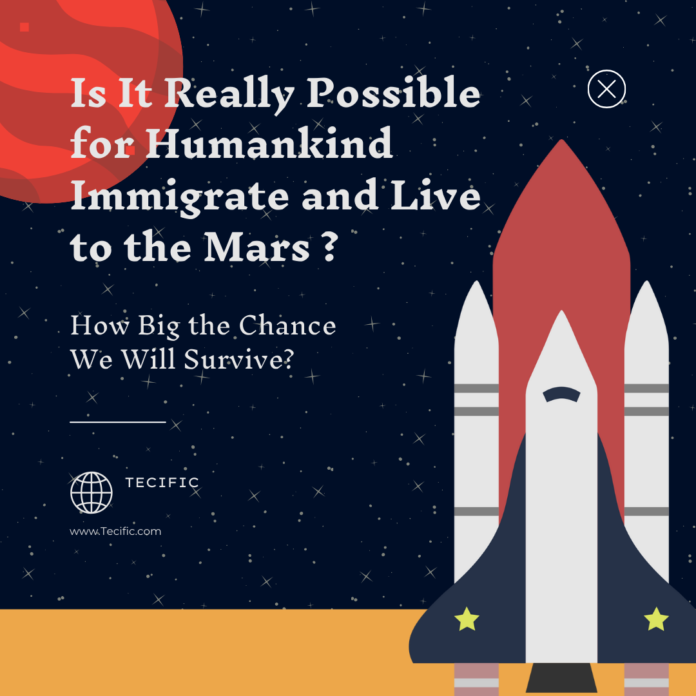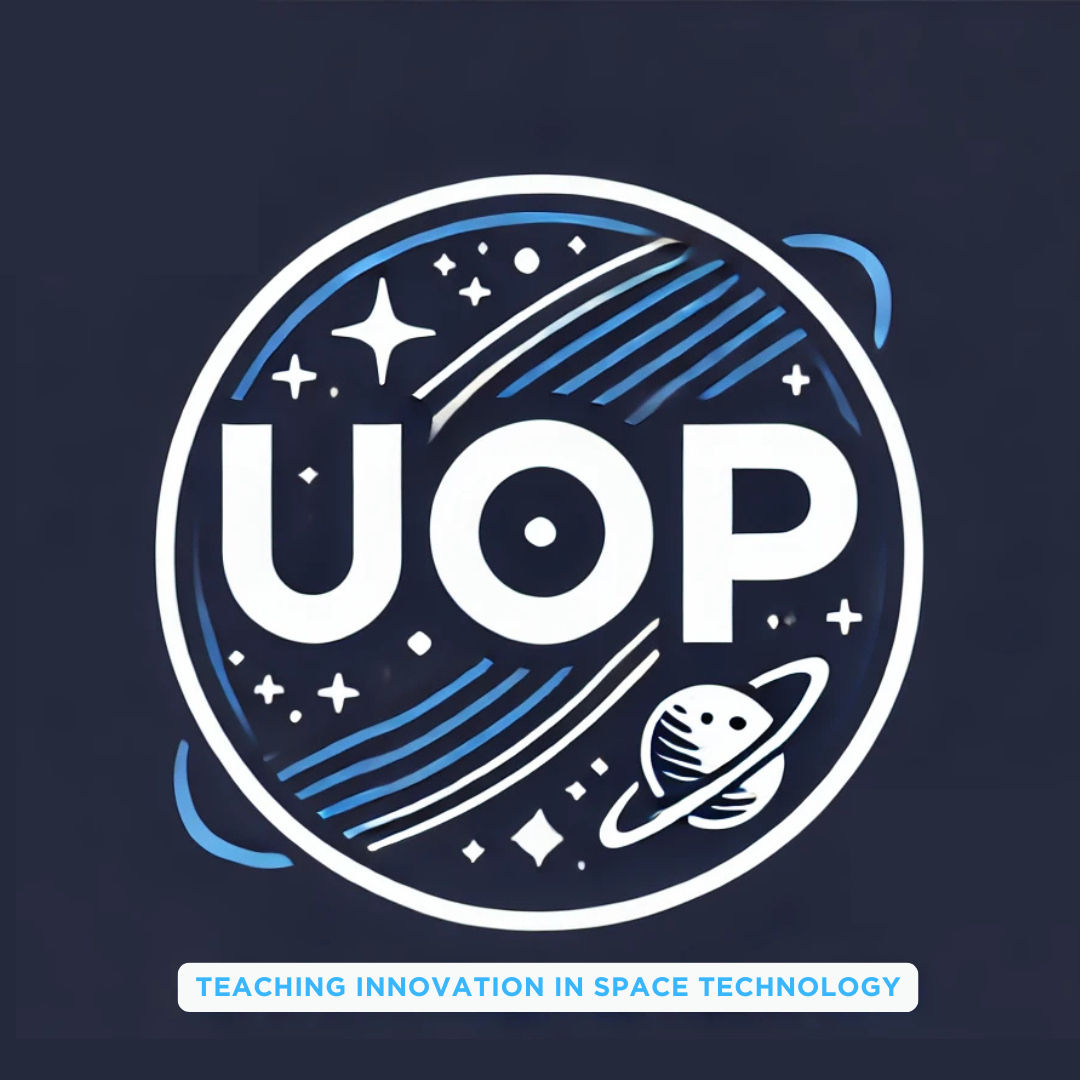Yuval Noah Harari, the acclaimed author of Sapiens, takes his exploration of human history to a younger audience with Unstoppable Us: How Humans Took Over the World (2022). The book provides an engaging, accessible, and insightful look at the history of humanity, aimed at children and young adults, but still enjoyable for readers of all ages. Harari unravels the key events, discoveries, and turning points that allowed Homo sapiens to dominate the Earth and change the course of history.
In this comprehensive summary, we will explore the major themes, key takeaways, and why Unstoppable Us is a must-read for understanding the trajectory of human evolution and society. This SEO-friendly article is designed to maximize visibility while delivering a thorough overview of Harari’s fascinating work.
Introduction: A Story of Human Power
Harari begins Unstoppable Us by posing a thought-provoking question: How did humans, who started as insignificant animals in the vast savannah, rise to become the most powerful and influential species on Earth? The book traces the major developments in human history, from our early beginnings as hunter-gatherers to the complex societies we see today. Harari emphasizes that humanity’s rise to dominance is not due to physical strength or agility, but rather our unique cognitive abilities and cooperation.
The Cognitive Revolution: The Birth of Human Imagination
A central theme in Harari’s narrative is the Cognitive Revolution, a key event that occurred around 70,000 years ago. This is when Homo sapiens developed the ability to think in more complex ways than other species. Harari explains that it was this shift in cognitive function that allowed humans to share and believe in common myths and stories—what Harari calls “shared fictions.”
These shared fictions include religion, money, and laws. They are not physical objects but exist in the human imagination. According to Harari, the Cognitive Revolution gave humans the ability to collaborate in large groups, a key factor in our success as a species. While other species can cooperate, such as bees or ants, humans can do so flexibly and with complete strangers because of our capacity for belief in shared myths.
Key takeaway: The Cognitive Revolution allowed Homo sapiens to develop advanced communication, imagination, and the ability to cooperate in large groups, laying the foundation for modern civilization.
The Agricultural Revolution: From Foragers to Farmers
Another significant milestone in human history is the Agricultural Revolution, which took place around 12,000 years ago. During this period, humans transitioned from a nomadic lifestyle of hunting and gathering to settled farming communities. Harari explains that while the Agricultural Revolution brought stability and surplus food production, it also came with its downsides, such as social hierarchies, territorial disputes, and increased labor demands.
Harari introduces readers to the concept of the “luxury trap,” a phenomenon in which technological advances that initially improve life eventually create new problems and dependencies. For instance, farming allowed people to produce more food, but it also led to population growth, which required even more food and labor, trapping societies in a cycle of continuous agricultural expansion.
Key takeaway: The Agricultural Revolution marked a turning point in human history by enabling the growth of complex societies but also introducing new challenges, such as inequality and labor exploitation.
Human Cooperation: The Secret to Our Success
Throughout Unstoppable Us, Harari returns to the theme of human cooperation as the primary reason for our success. He contrasts Homo sapiens with other species, explaining that while many animals are stronger or faster than humans, no other species can cooperate on such a massive and flexible scale. Human cooperation is not limited by kinship or close relationships, but is driven by shared beliefs, allowing large groups to work together toward common goals.
Harari gives examples of how this cooperation manifests, from the building of ancient civilizations to the modern global economy. Whether it’s the construction of the pyramids in Egypt or the global trade networks of today, human collaboration and the ability to organize large groups of people are the driving forces behind these achievements.
Key takeaway: Human cooperation, facilitated by shared beliefs and stories, is the cornerstone of our species’ success in building civilizations and dominating the planet.
The Role of Myth and Storytelling
An important concept in Harari’s work is the role of storytelling and myth in human culture. He explains that myths, religions, and ideologies have played a crucial role in shaping human societies and driving cooperation. These stories help to bind people together, creating a shared sense of identity and purpose.
In Unstoppable Us, Harari introduces the idea that all of human history has been built on stories, whether they are religious myths, national narratives, or the abstract concepts of money and law. These stories have allowed us to create complex societies, form institutions, and work together to achieve common goals.
Harari also discusses the downside of stories. While they can unite people, they can also be used to manipulate and control. Throughout history, leaders and governments have used stories to justify war, oppression, and inequality. Harari emphasizes the importance of critical thinking and understanding the power of stories in shaping human behavior.
Key takeaway: Storytelling and myth-making are central to human culture, enabling cooperation and societal development but also having the potential for manipulation.
Technological Advancements and the Future
The final chapters of Unstoppable Us focus on the rapid technological advancements that have occurred in recent centuries. Harari explores how these innovations, from the Industrial Revolution to the digital age, have transformed human societies and the natural world. Technology has enabled humans to achieve incredible feats, such as traveling to space and mapping the human genome, but it has also created new challenges, such as environmental degradation and the ethical dilemmas posed by artificial intelligence.
Harari raises important questions about the future of humanity. Will we continue to dominate the planet, or will our reliance on technology and the damage we’ve done to the environment lead to our downfall? He encourages readers to think critically about the choices we make as a species and the impact they will have on future generations.
Key takeaway: Technological advancements have propelled humanity forward, but they come with ethical and environmental challenges that must be addressed for the future survival of our species.
Conclusion: The Unstoppable Force of Human Imagination
In Unstoppable Us, Harari weaves together the story of human evolution, cooperation, and imagination into a captivating narrative. He highlights the extraordinary power of human imagination and the ability to create shared fictions that enable cooperation on a massive scale. From the Cognitive Revolution to the technological advancements of today, Harari shows how human imagination has been the driving force behind our dominance of the Earth.
While Harari celebrates the achievements of Homo sapiens, he also issues a cautionary note about the future. The same imagination that allowed us to build civilizations can also lead to our destruction if not used responsibly. Harari’s message is clear: Humanity’s greatest strength is also its greatest responsibility.
Key takeaway: The story of human success is a story of imagination and cooperation, but the future of humanity depends on how wisely we use these abilities moving forward.
Why Unstoppable Us is a Must-Read
Harari’s Unstoppable Us is not only an educational resource for younger readers but also a thought-provoking exploration of human history for adults. Its engaging storytelling style makes complex concepts easy to understand while still offering deep insights into the human condition. The book is highly relevant for today’s readers, as it challenges us to reflect on our past and consider the future of humanity in a rapidly changing world.
If you’re looking for a captivating and insightful journey through human history, Unstoppable Us is a must-read. Harari’s ability to distill complex ideas into engaging narratives makes this book a perfect introduction to his work and an essential read for anyone interested in the story of how humans came to dominate the world.




